So, you picked out an enterprise resource planning (ERP) system and accomplished the ERP software implementation process at your beverage manufacturing company. While congratulations are certainly in order, don’t break out the bubbly too soon. There is still work to be done. When it comes to getting your team to embrace your new beverage ERP software, you will need to incorporate change management best practices as you introduce new workflows.
Change management is a big topic, so let’s dig into how things go wrong, why managing change carefully is important to ERP success, and how to roll substantial changes of any sort out to your organization.
Where ERP Software Implementations Go Wrong
On occasion, an ERP software implementation will not go smoothly. Frequently, these instances can be traced back to the following issues:
- Misalignment in value
- Unclear implementation plan
- Changes rolled out too quickly or too slowly w
- Lack of or too much innovation in the new tech
- Too much risk from a data protection standpoint
- Disagreement in technology hosting, i.e., cloud versus on-prem
Issues related to lack of communication and poor planning can often be addressed with the use of change management best practices before, during and after your ERP software implementation.

Why Change Management
It’s fairly common for humans to be resistant to change. For many of us, change is perceived to be a bad thing. We tend to avoid it at all costs. When developing organization-wide changes for teams, it’s natural for many in the group to hesitate.
Oftentimes, the decision-makers understand why a digital transformation is necessary, but without a strong change adoption plan, the heart of the project can fail to be understood or adopted organization-wide. When this happens, your teams will be less likely to embrace new technology, best practices and updated processes.
If it’s time to make a big transition at your company, like incorporating a beverage ERP solution, you’ll want to plan and enact an organizational change management strategy. With the help of the strong rollout, implementing change and improving your organizational culture will happen with less force.
Like water, employees will often choose the path of least resistance. Change management can help rewire your processes and best practices to make the new option the easiest one.
So, how do you apply change management in the beverage manufacturing industry?
Download Our Change Management Workbook
Change Management Best Practices
Since humans are so often resistant to change, with time and experience on our side, we have some sage advice for those looking to increase employee engagement during times of transition.
Harness the power of influence
While this change will impact the entire organization, like any good social media trend – it has to start somewhere. If we stick with this social media analogy, trends are often pioneered by “influencers” or “leaders” on each platform. As change management works from the top down, buy-in and execution of an ERP software implementation will need to be modeled by your leadership team. From there, it’s encouraged that you recruit senior employees and other leaders to be "change champions" and help ease the culture into this change.
These early adopters, or influencers, are excited about the change and they will work to get other people involved in the transformation alongside them. By encouraging the people your teams work with to embody a positive reflection of the change, other employees will be inspired to take ownership.
Appeal to the logic and emotions of your employees
Due to the encompassing nature of organizational change, it’s important to spend time making a strong case that appeals to the logic and emotions of your employees. After all, your employees are humans and they will have questions about the decision that has been made.
Taking time to address the personal reasons individuals may be resistant to change can help employees feel heard and valued, which can increase their desire to undergo training and instill new processes.
It’s also recommended that you make time to present the logical side of the transition. What business outcomes will change? What will the new day-to-day look like? Take time to explain the deciding factors around efficiency enhancements and process improvements that led to the choice.
Communicate with intention and transparency
When talking about an upcoming change, it’s important to approach the topic with transparency. Humans can be great at sensing when something is being hidden from them, so change management best practices state that you should share as much as possible.
As you share compelling info about and reasons behind the change, now is a good time to offer clear directions on how the system will be used, what employees can expect to gain from the system, and what their individual role is in making this change possible.
When you focus on communication and transparency, you increase visibility, allowing teams and departments to understand how they all work together to create an outstanding product. This cross-functional collaboration can markedly improve the employee experience over the short and long term.
Provide training, accountability and support
Employees definitely need more than a quick demo or a one-off training session to learn, embrace and feel comfortable with new software. Create time and space for your staff to learn about the program before they make a full transition to it.
When that transition comes, it’s best to provide accountability and support for those struggling. Some organizations find it helpful to develop continuous improvement plans to promote ongoing growth and development within their teams.
Track results and be open to change
As you start using your beverage ERP software and all the associated processes, don’t forget to track metrics. Is it saving time? Are your employees able to do their jobs better? Is the data more accurate?
If you aren’t seeing the right results, it’s time to reassess system usage and explore process or workflow modifications to drive ROI.
There is a chance your team will experience some unforeseen consequences. This is a common growing pain and one you can work through with empathy, guidance and trust. Address issues quickly before they have a chance to become something bigger.
Staying intentional in the execution phase will ensure that you end up with a final product your team is confidently using to get the data necessary to grow and scale your business.
Unite on a single goal
While you pursue this kind of organizational change, it’s easy for team members to get confused, distracted and disoriented from the end goal. Be consistent in your reminders of the long-term vision.
Focus your time, resources and attention on achieving your organization-wide goal to create unity and decrease division.
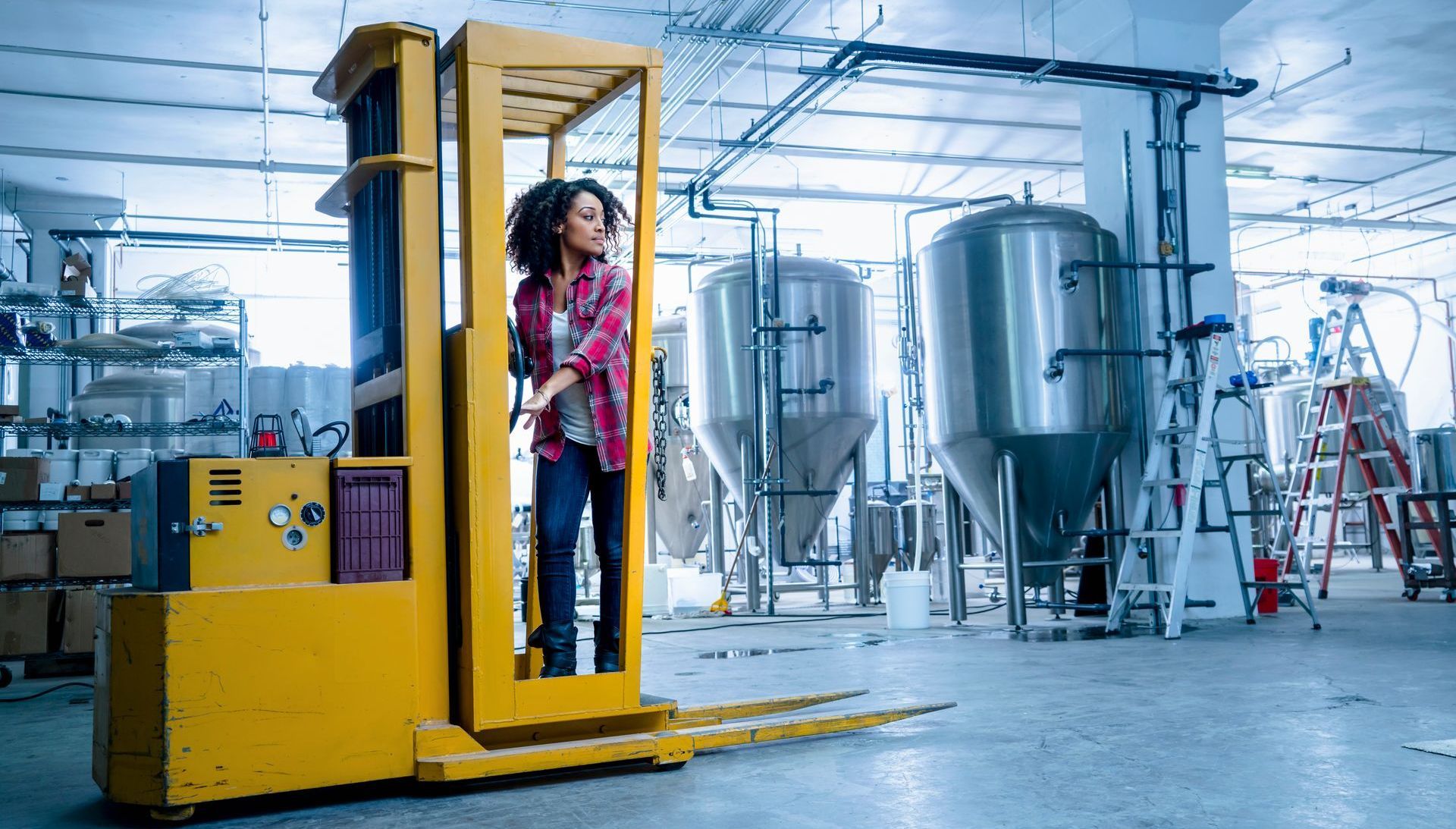
What About Other Kinds of Change?
Incorporating beverage ERP software is a massive transformation that will require change management. However, it’s not the only area where change management is important!
Craft brewing is a booming industry, and there are often mergers and acquisitions. Mergers and acquisitions are just one example of situations where strong change management will be critical to the organization’s long-term success.
Remember, any big change within an organization will require thoughtful action. The end goal should always be to promote unity and collaboration within your team. Take time to manage these changes with intention, and you’ll reap the benefits!
Want to learn how to crush change at your alc bev company?
Download our change management workbook with actionable information on how to lead change in your organization. And if you're still shopping for a new beverage ERP solution,
contact our team of experts to discuss Crafted ERP.


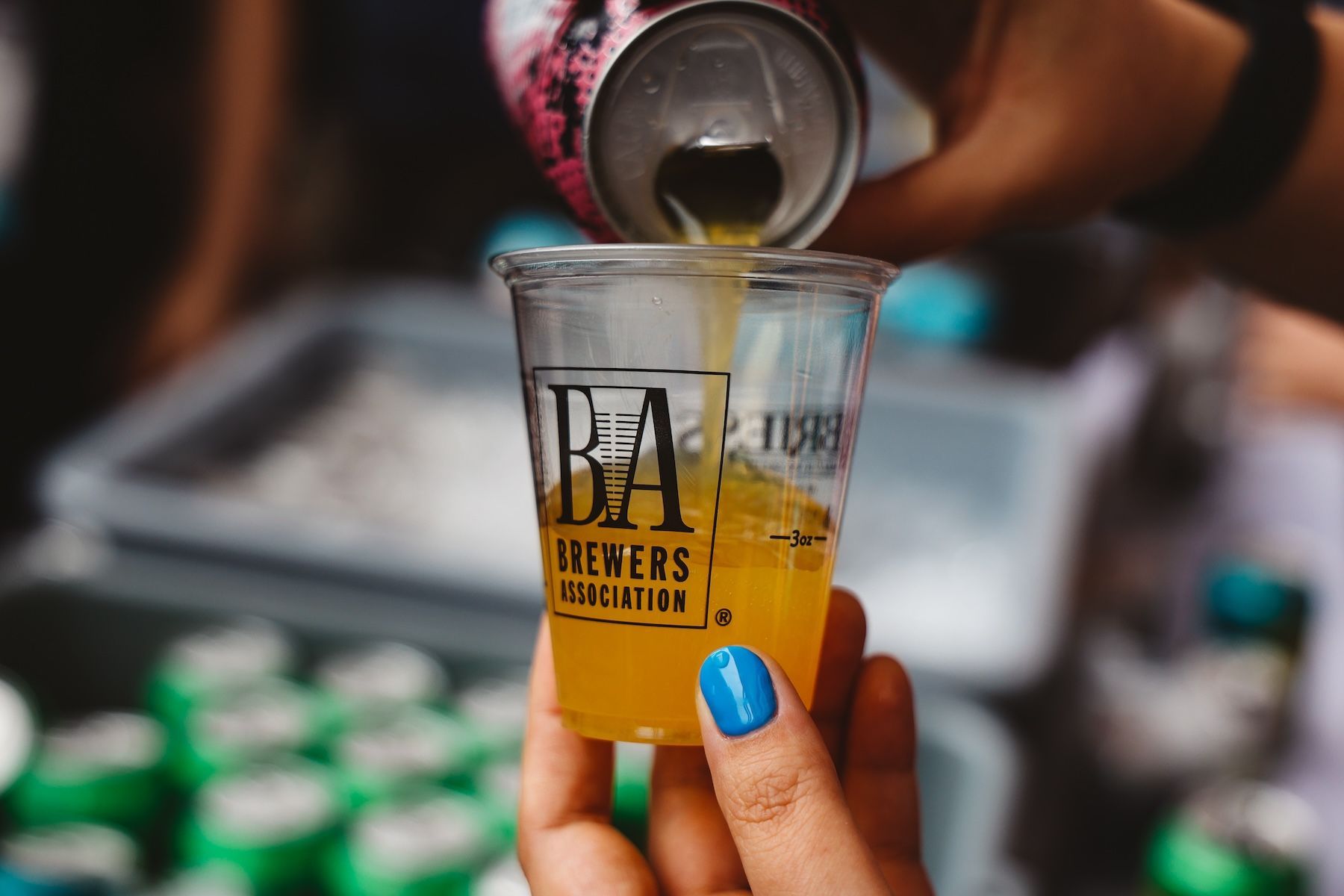

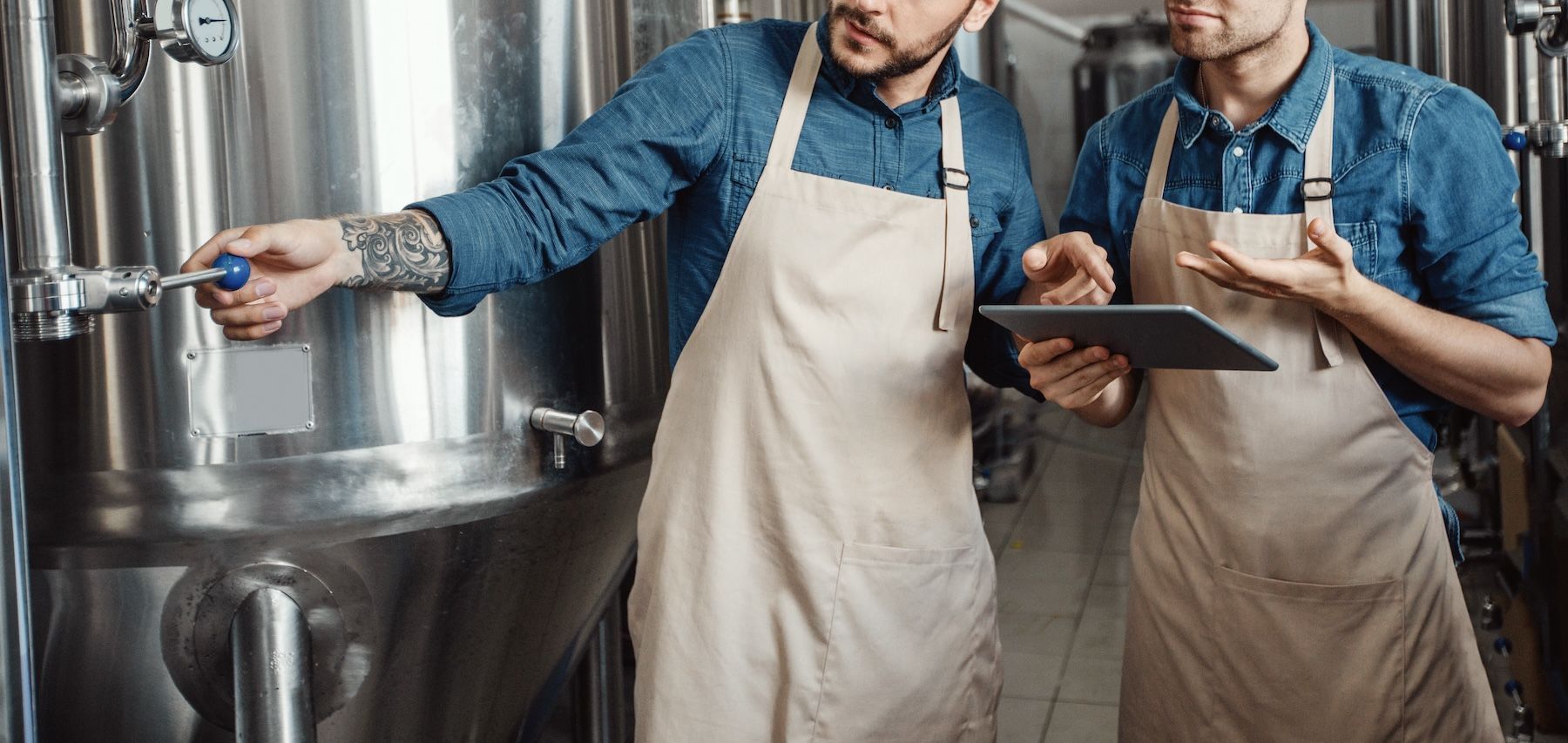
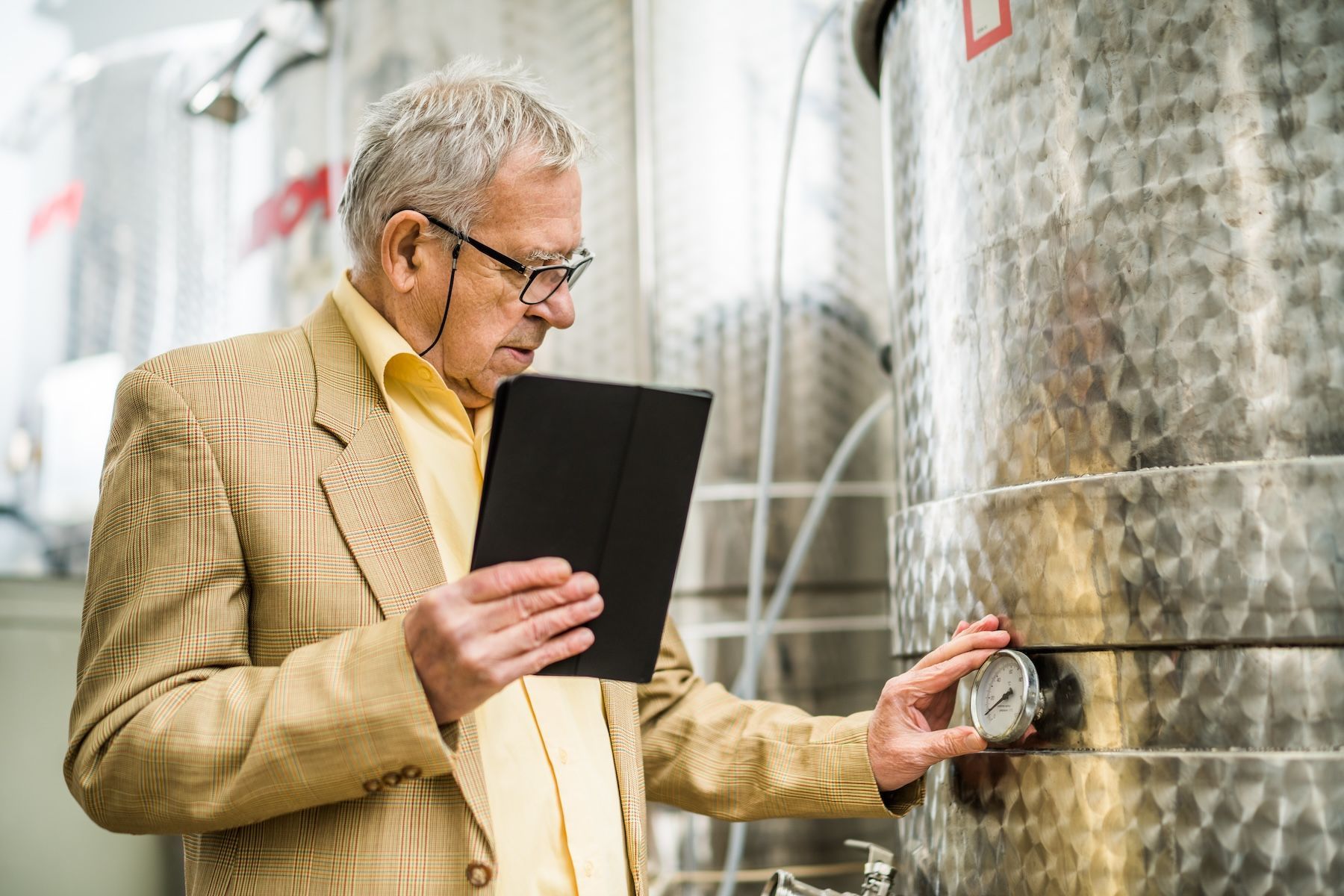


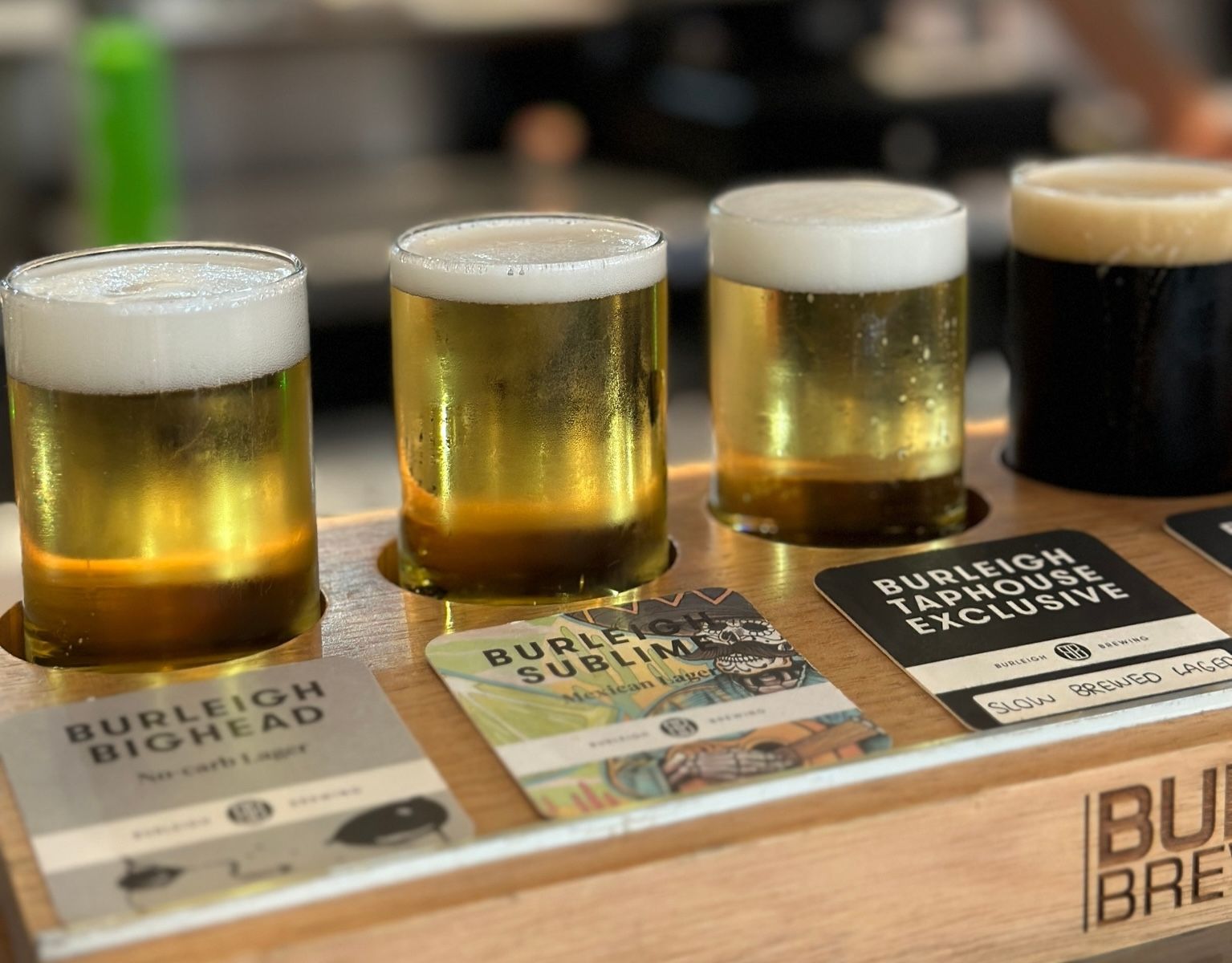
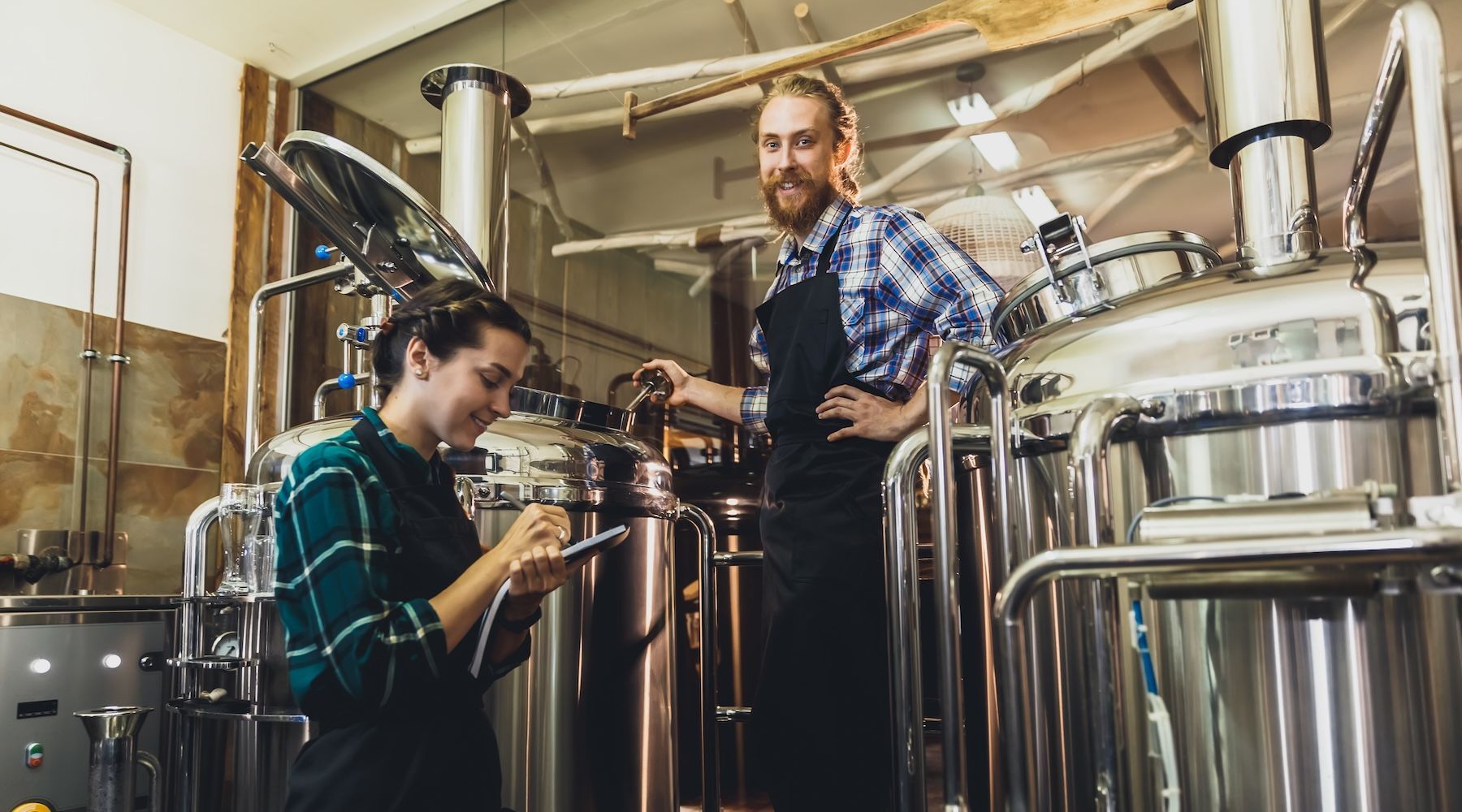
GET IN TOUCH
1512 Larimer Street, Suite #150
Denver, CO 80202
United States
(720) 699-0200
66 Goulburn Street
Sydney, NSW, 2000
Australia
+61 2 9044 1330

